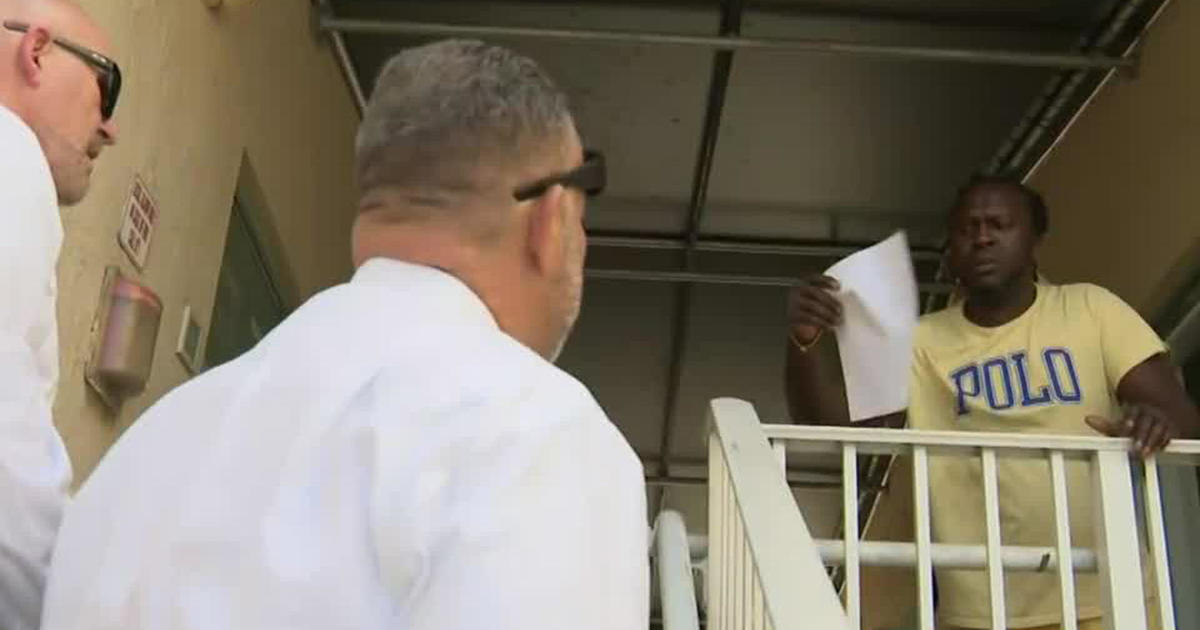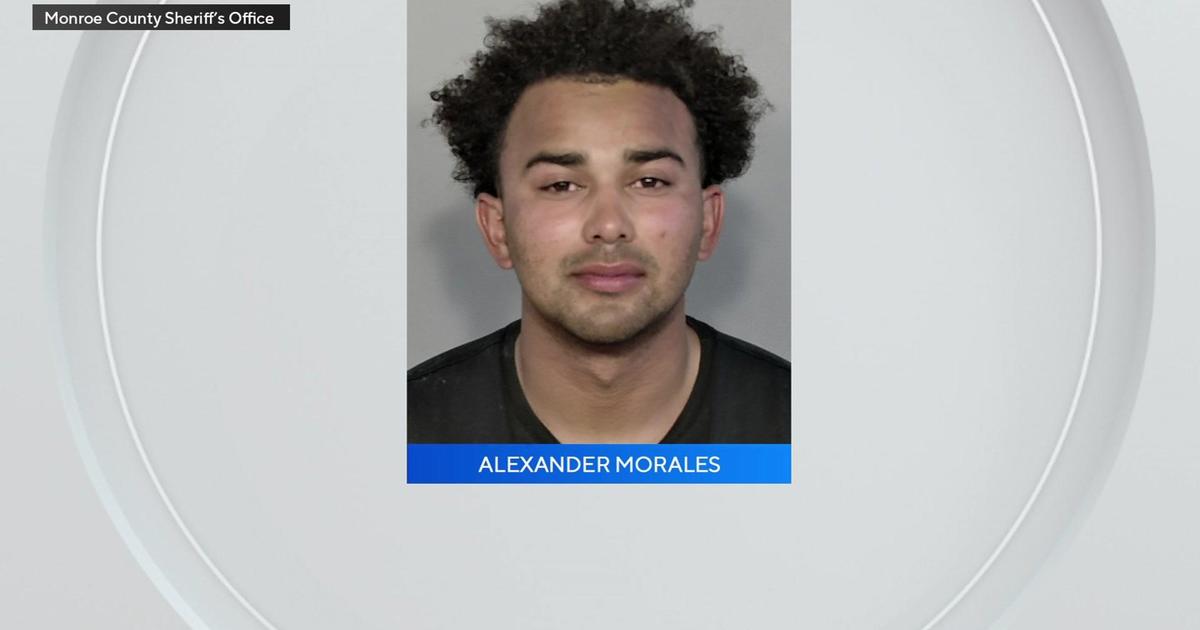Jury To Begin Deliberations In Graham Murder Trial Thursday
MIAMI (CBSMiami) — Jurors heard from state prosecutors one final time Wednesday afternoon before they decide the fate of accused child killer Geralyn Graham.
The jury is expected to begin their deliberations on Thursday.
Jurors heard final arguments from both prosecution and defense teams this week.
State prosecutors hammered the key points of their case in their rebuttal closing in which they highlighted that Graham, 67, is the only person who could have kidnapped and killed Rilya Wilson, a 4-year-old foster child who disappeared more than a decade ago.
Rilya's body was never found. No physical evidence links Graham to the child's murder.
A point defense attorney Michael Matters seized on when he addressed the jurors in his final argument.
"No evidence of a crime, no evidence of a murder," Matters said.
The defense also presented another theory to jurors; that the state welfare worker who failed to check up on Rilya Wilson may have sold her to another family.
A theory that the state countered by saying that the multiple witnesses, former friends and neighbors who testified to unspeakable abuses Graham imposed on Rilya, had no reason to lie.
"Why is it important to remember that part of the testimony? Because it goes to the defendant's state of mind, the hatred, the malicious and evil intent that she felt toward this child that was growing and growing until it ended with her smothering the life out of the child," prosecutor Sally Weintraub told jurors.
The state's case relies on the testimony of three jailhouse snitches who said Graham made incriminating statements about Rilya. Convicted armed robber Robin Lunceford testified that Graham broke down and admitted that she had "smothered it [the child] with a pillow."
However, the defense countered that "there's no evidence or facts to corroborate it. There's no witnesses to it, there's no evidence of it, I can make up any damn thing that I want," according to Matters.
Weintraub told jurors that Graham told "lies over and over again."
After an eight week trial, jurors must decide if Graham smothered the girl in 2000 after allegedly abusing her for months. Jurors could charge Graham with first-degree murder or lesser charges including manslaughter. Graham also faces a kidnapping charge and three counts of aggravated child abuse.
Lunceford said Graham considered the child evil and referred to the girl as "it." One of the last straws was Rilya's insistence on wearing a Cleopatra mask on Halloween rather than an angel costume, Lunceford testified.
The defense has raised questions about Lunceford's motivation, noting that she got a life prison sentence reduced to 10 years in exchange for her testimony.
Assistant State Attorney Joshua Weintraub said in closing arguments Tuesday that the law permits the jury to find Graham guilty of first-degree murder even though Rilya's body was never found.
Evidence and testimony during the trial showed that Graham abused Rilya, even confining the girl in a dog cage or keeping her hidden in a laundry room for hours, Weintraub said. It was all because Rilya wouldn't do exactly as Graham ordered, the prosecutor said.
"It happened because of this woman's frustration and hatred of Rilya," Weintraub said. "This woman hated Rilya Wilson for a variety of reasons."
Defense attorney Michael Matters, however, said there was little testimony about hatred or maliciousness toward Rilya on the part of Graham. Jurors ought to focus on what evidence the state did not have, he said.
"Lack of physical evidence. Lack of a body. Lack of any physical discovery of remains. Lack of a motive for killing her," Matters said. "You should use your common sense."
Matters added that investigators should have focused on whether state child welfare workers might have sold Rilya to a family, possibly in another country, rather than zeroing in on a possible murder.
"There has not been any reliable or credible proof that Rilya is dead," Matters said.
The case triggered a major scandal at Florida's child-welfare agency because Rilya's disappearance wasn't discovered for 15 months. The case led to resignations and the passage of reform laws.
Graham has always maintained her innocence. She faces life in prison if convicted.



